Description
Vermicompost is an organic, nutrient-rich fertilizer and soil conditioner produced by the breakdown of organic waste through the activity of earthworms. It is a sustainable and eco-friendly product widely used in agriculture, gardening, and horticulture to enhance soil fertility and plant growth.
Features of Vermicompost
- Nutrient-Rich:
- Contains essential nutrients such as nitrogen (N), phosphorus (P), potassium (K), calcium, and magnesium, in forms that are readily available for plants.
- Organic Matter:
- High in humus, which improves soil structure, water retention, and microbial activity.
- Microbial Activity:
- Rich in beneficial microorganisms like nitrogen-fixing and phosphate-solubilizing bacteria, which improve soil health.
- pH Neutral:
- Maintains a neutral pH, making it suitable for a wide variety of plants.
- Odor-Free:
- Unlike traditional compost, vermicompost has an earthy smell and does not produce foul odors.
Uses of Vermicompost
- Soil Amendment:
- Improves soil texture, aeration, and water-holding capacity.
- Plant Fertilizer:
- Provides plants with essential nutrients for better growth, flowering, and fruiting.
- Seed Starter:
- Used in potting mixes for germination due to its nutrient density.
- Sustainable Waste Management:
- Converts organic waste into valuable fertilizer, reducing landfill burden.
Advantages:
- Increases crop yield and quality naturally.
- Reduces the need for chemical fertilizers.
- Promotes sustainable agriculture.
- Non-toxic, eco-friendly, and safe for the environment.
How Vermicompost is Made
- Organic Material: Kitchen scraps, garden waste, and agricultural residues serve as raw materials.
- Earthworms: break down the organic matter.
- Decomposition Process:
- Earthworms consume organic waste, digest it, and excrete nutrient-rich castings.
- The material matures over 2-3 months to form fine-textured vermicompost.
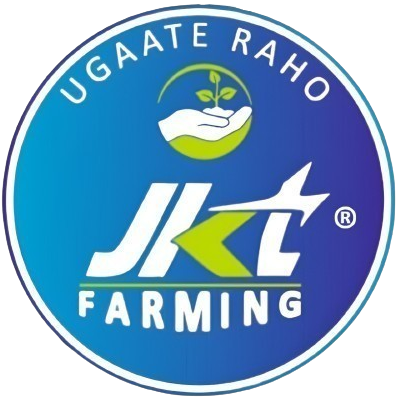
 Cart is empty
Cart is empty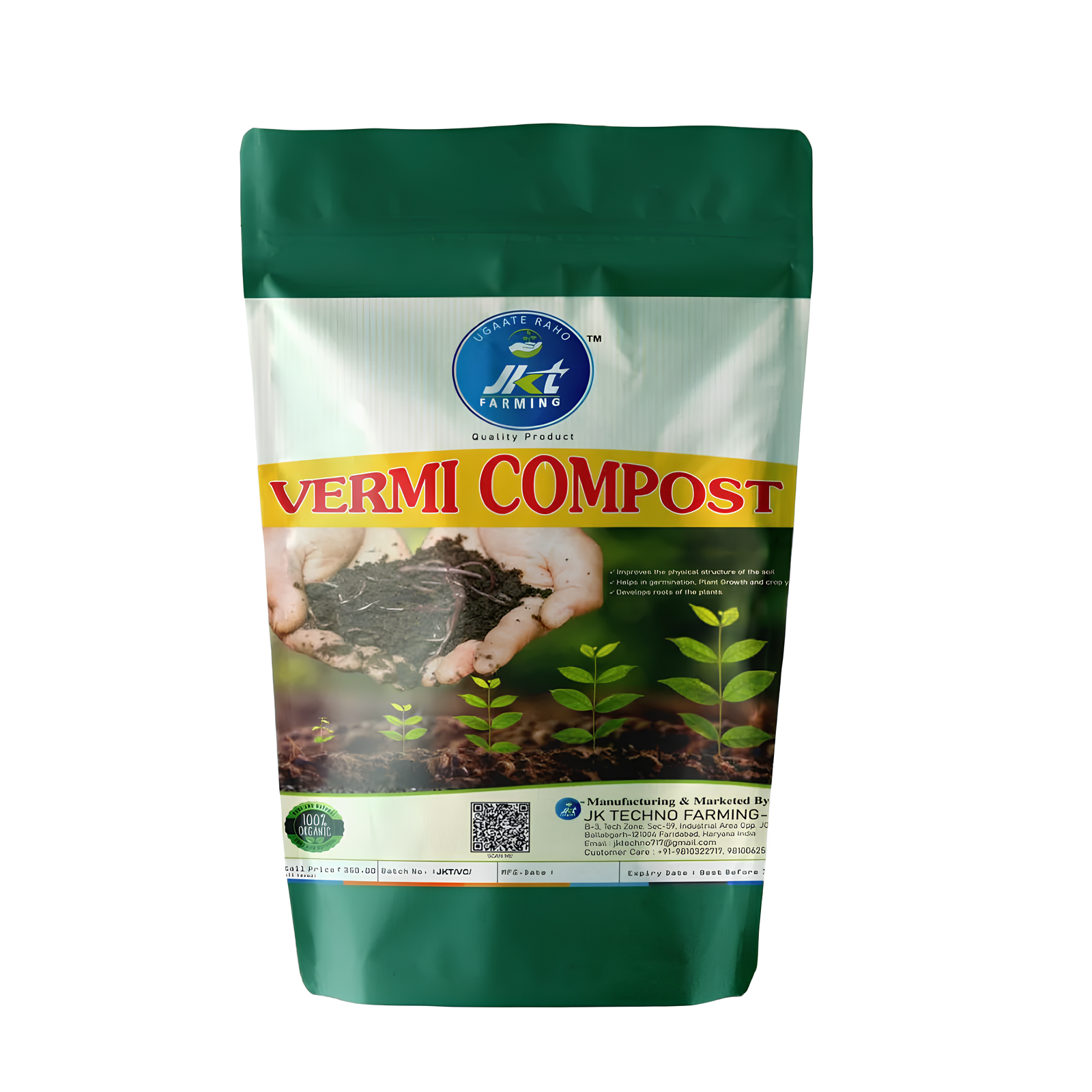
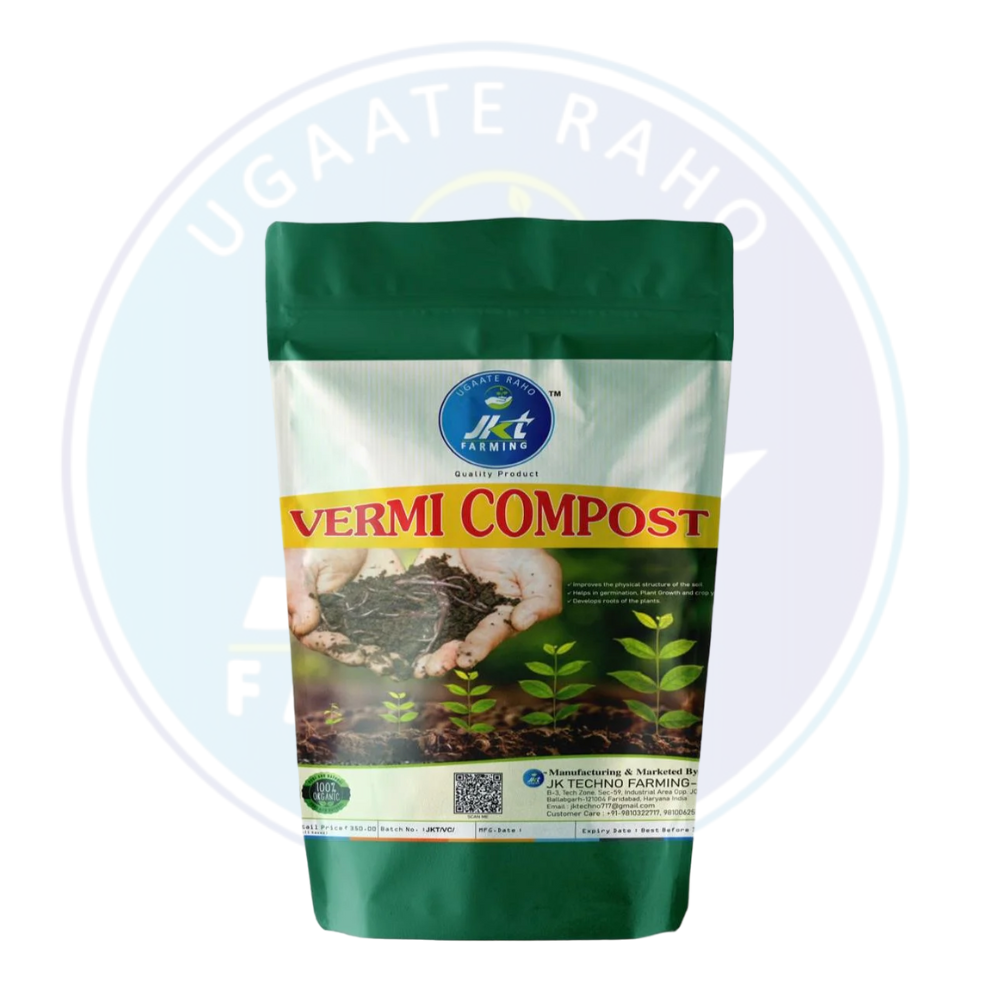
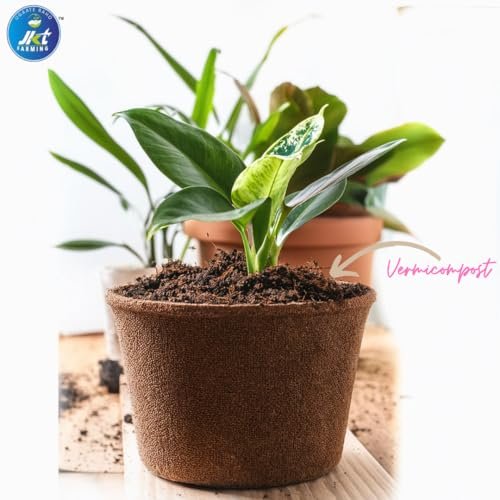
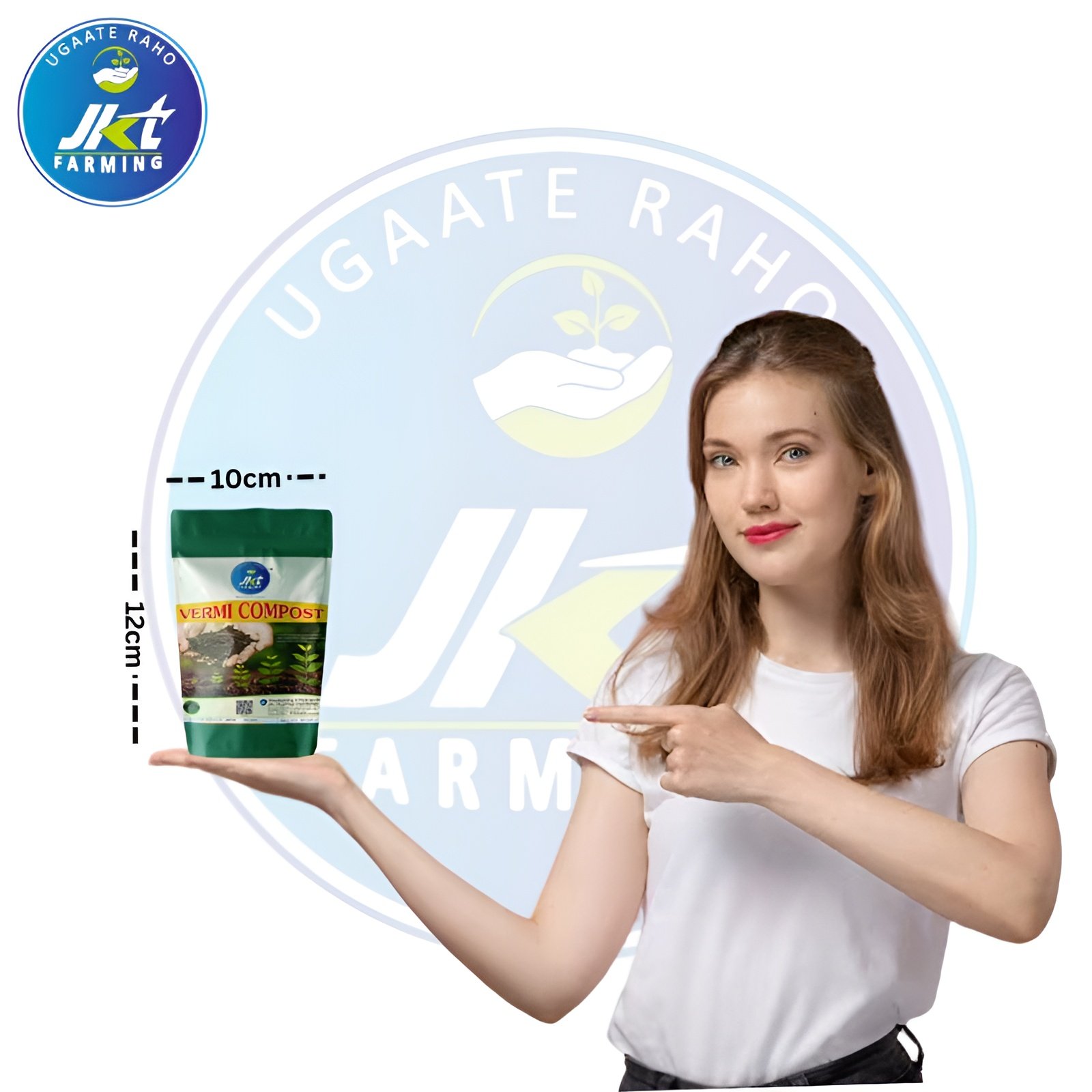
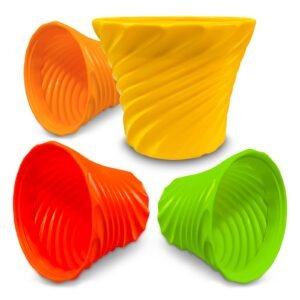
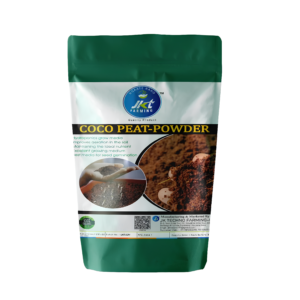

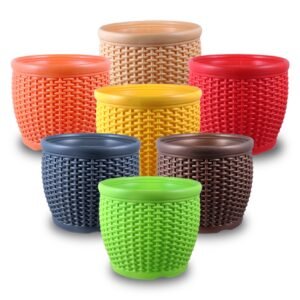
Reviews
There are no reviews yet.